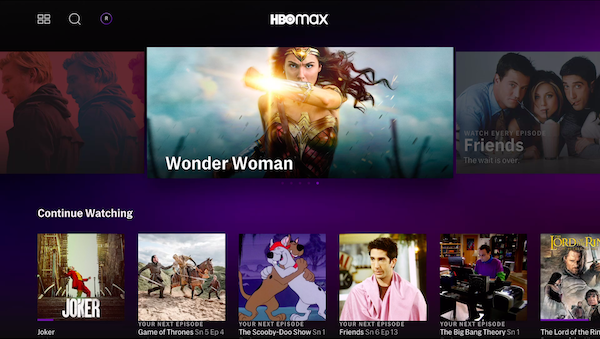AT&T's HBO Max Advantage Draws Democratic Senators' Ire
AT&T is not counting new streamer against users data caps, while other services are

WASHINGTON—U.S. Senators Ed Markey (D-Mass.), Richard Blumenthal (D-Conn.) and Ron Wyden (D-Ore.) have all signed a letter that criticizes AT&T for a practice that they allege blatantly favors HBO Max over other streaming services and would have constituted a violation of previous net neutrality rules.
According to a report by The Verge, AT&T is excluding the HBO Max streaming service, which AT&T owns, from traditional data caps and the soft data caps on unlimited plans. Other streaming services, like Netflix and Disney+, are still subject to these data caps.
AT&T says that HBO Max is benefiting from the company’s “sponsored data” system, which enables content companies to pay AT&T for the right to be exempt from data caps. However, the senators note that since HBO Max is owned by AT&T, the company is “essentially paying itself.”
“Although your company has repeatedly stated publicly that it supports legally binding net neutrality rules, this policy appears to run contrary to the essential principle that in a free and open internet, service providers may not favor content in which they have a financial interest over competitor’s content,” the letter reads.
The senators believe that this practice from AT&T would be considered “zero-rating,” which allows end users to access content without the required data usage counting toward the caps on the users’ plans. Prior to what the trio says was efforts to “eviscerate critical rules” by the current FCC, such practices were deemed harmful conduct and discrimination of competitors in favor of their own affiliates.
“Zero-rating carries a risk of manipulating the content marketplace in ways that ultimately harm internet users,” the letter argues.
“The Trump FCC may have gutted critical net neutrality protections, but AT&T nonetheless has a responsibility to avoid any policies or practices that harm consumers and stifle competition,” the letter reads.
The professional video industry's #1 source for news, trends and product and tech information. Sign up below.
The senators ask that AT&T provide an explanation for these actions by June 25.
The full letter is available online.
